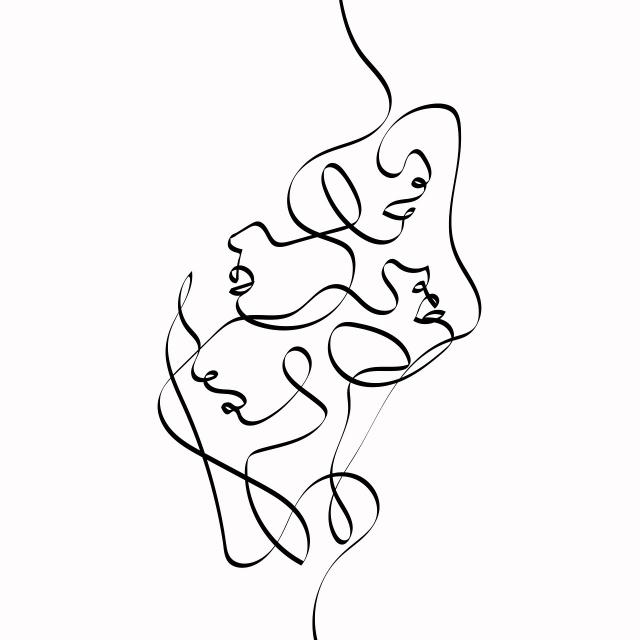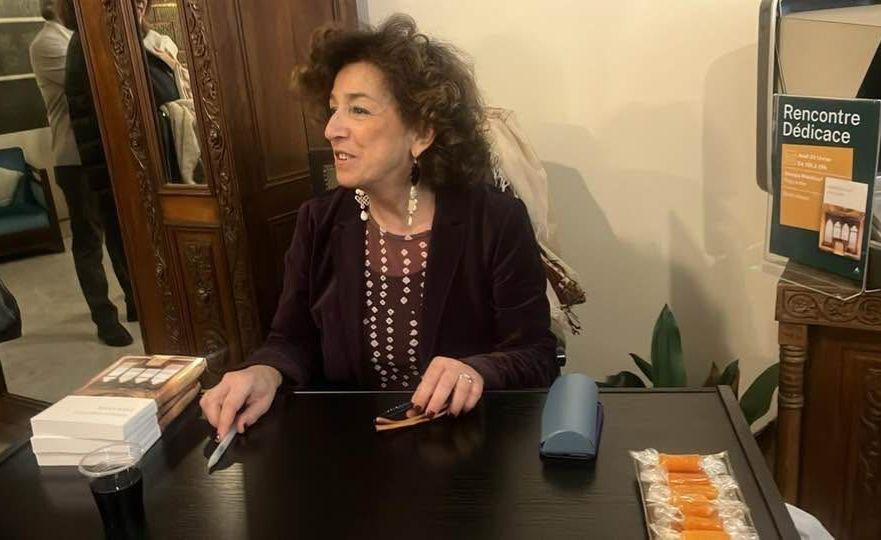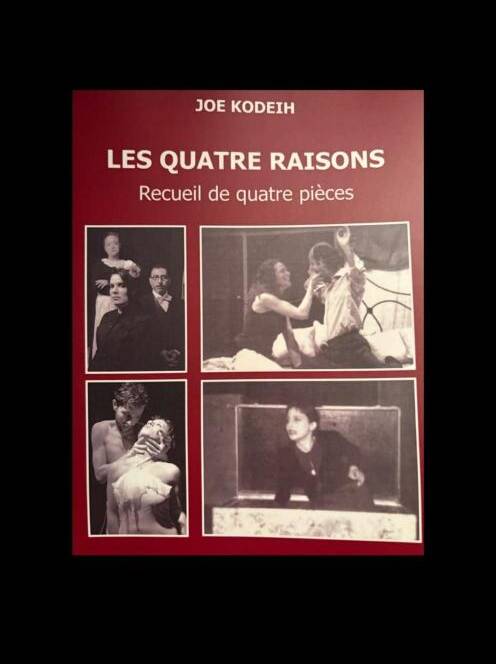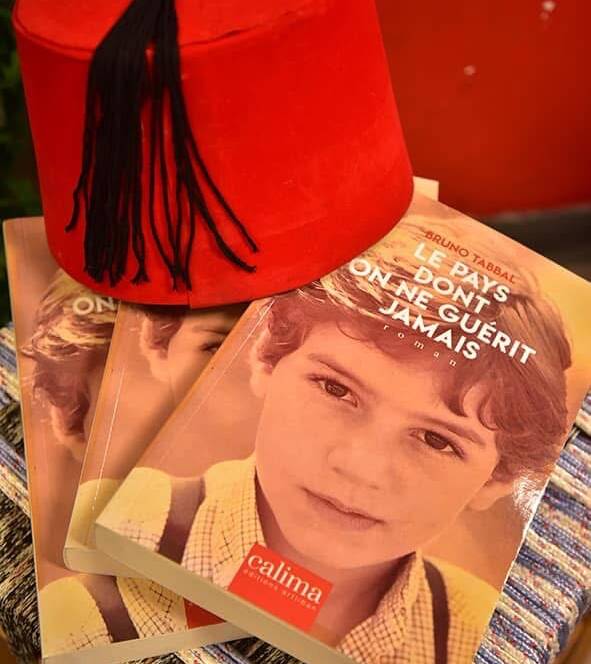
An Article by A.M. (620 words, 3 min. read)
In Pays Amer (Bitter Country), Georgia Makhlouf masterfully intertwines the lives of two Lebanese women, separated by a century yet connected by art, resilience, and the relentless pursuit of freedom. Inspired by the life of Marie Al-Khazen, Lebanon’s first female photographer, the novel explores the struggles and triumphs of Marie Karam in the early 20th century and Mona, a contemporary photographer living Lebanon’s ongoing crises. Through their parallel journeys, Makhlouf delivers a powerful meditation on the weight of tradition, the role of women in society, and the transformative power of art.
Marie Karam: A Pioneer of Photography and Freedom
Marie Karam refuses to conform to the conventions of her time. In a society where women are relegated to the roles of wives, mothers, and caretakers, she breaks the mold by becoming the first Lebanese woman to hold a photographic exhibition, asserting herself as an artist. A woman from a “respectable family” in the conservative village of Zgharta, Marie defies expectations, traveling regularly to Beirut to participate in intellectual salons and establish her presence in a Lebanon under French mandate. Her photography itself is an act of rebellion—capturing women dressed as men, or on horseback, revealing glimpses of ankles or arms, subtle yet daring acts that challenge societal norms.

Two Women: One Struggle
Makhlouf, in her third novel, Pays Amer, published at Les Presses de la Cité, beautifully highlights the echoes between these two women, who could be soul sisters across time. Their destinies, though separated by a century, reveal the persistent challenges faced by Lebanese women. Whether through Marie’s daring photographs and provocative life or Mona’s modern existence in a country in crisis, both women defy expectations and claim their own space.

The Forgotten Voices of Lebanese Women
One of the most poignant elements of the novel is Makhlouf’s imagined encounter between Marie and May Ziadeh, a pioneering feminist and intellectual. Though fictionalized, this meeting is rooted in historical fact—both women were, at different points, committed to the infamous Asfourieh asylum, a fate imposed on many women who challenged the patriarchal system. By weaving their stories together, Makhlouf revives the voices of forgotten female figures, exposing the cruel consequences of defying societal expectations.

Blending Fiction and History: Georgia Makhlouf’s Research Journey
It is clear that to write her novel, Georgia Makhlouf conducted extensive research to blend fictional romance with real historical events. In her acknowledgments, she expresses gratitude to those who helped her uncover details about Marie Al-Khazen’s life. She thanks Mohsen Yammine, who “so generously received [her] in his home in Zgharta, took [her] to see the house of Tallet Khazen, and told [her] what he knew about Marie Al-Khazen.” She also acknowledges Yasmine Nachabe Taan, who “dedicated an academic study to Marie Al-Khazen’s photographic work” and shared valuable insights from her research on this extraordinary woman.
A Tribute to Art, Feminism and Resistance
With her eloquent, evocative prose, Makhlouf does more than tell a story—she resurrects a hidden history of female resilience. Lebanon itself becomes a character in the novel, depicted as a place of both beauty and suffering, where women have long fought to break free from silence and oppression. Pays Amer is a tribute to artistic legacy, the enduring struggle for women’s emancipation, and the unyielding spirit of those who dare to challenge the status quo. Through the intertwined lives of Marie and Mona, Makhlouf delivers a deeply moving meditation on freedom, creativity, and the timeless fight for equality.


